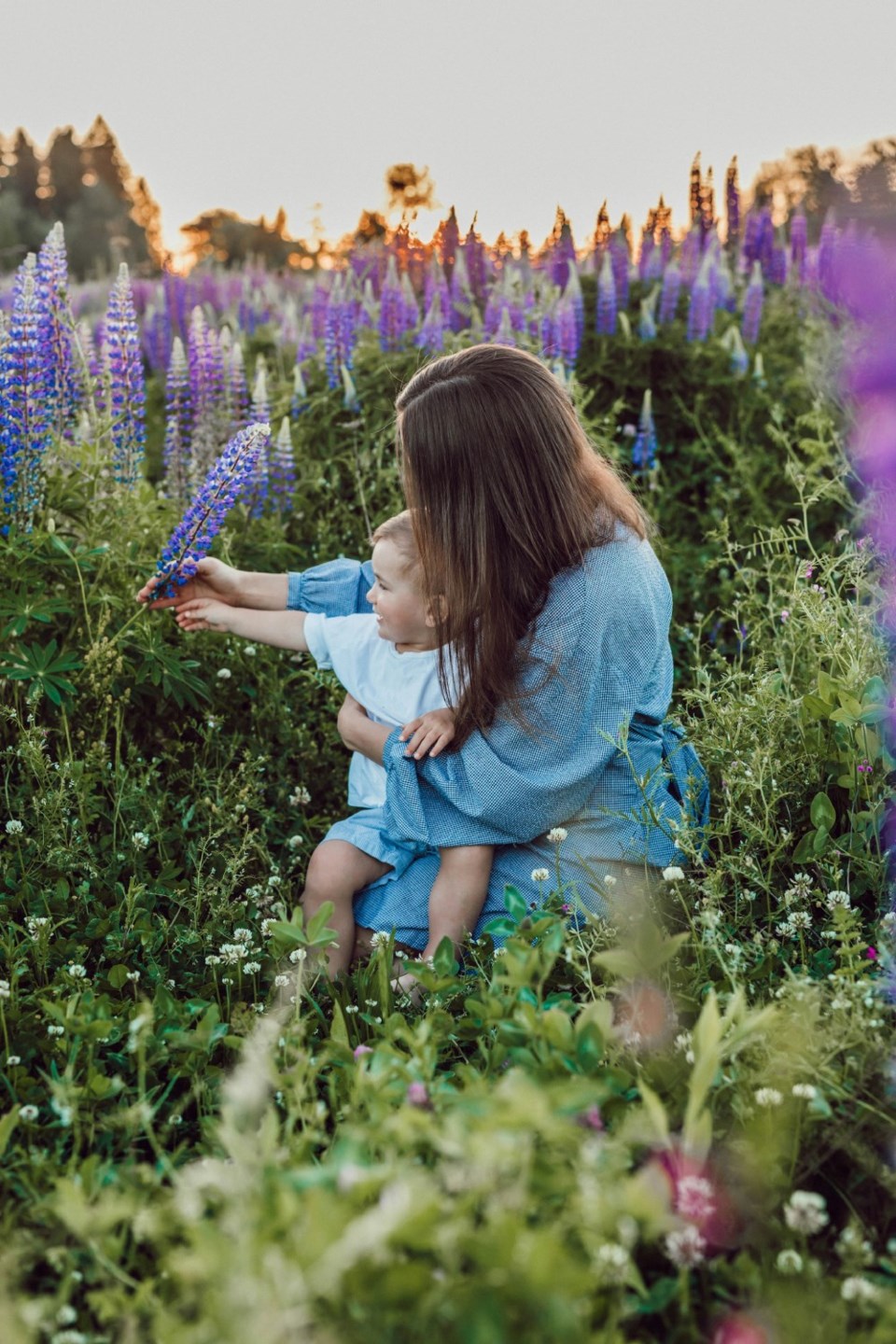Soon it will be Mother’s Day. A day of celebration; a collective recognition of mothers and mothering. In medieval times, ‘Mothering Day’ was celebrated on Mid-Lent Sunday, when people returned to worship and feast in the mother churches where they were baptised. Some employers in England and Ireland gave servants the Sunday off to visit their mothers and home churches. Abolitionist and feminist Julia Ward Howe campaigned for a Mother’s Day for Peace, proclaiming in 1870 that American women will not train their sons to injure those of another country.
Mother’s Day can be a day of grief as well as joy. There are those whose mothers are dead or unknown. Women may be mourning children they could not bear or children who died young on the streets or in cancer wards. In Christianity, there is the powerful paradox of the Virgin Mother Mary. She is the image of a mother who gives life and comfort; she is also the mater dolorosa, the sorrowful mother seeing her son scorned and crucified.
The work of mothering is neither inevitable nor simple. Whether we flourish in life or not depends on the steadfast mothering care of humans - and of the earth. Too often, children face indifference and maltreatment; adults wither with neglect and ignorance. The actions of governments, industry and finance can impoverish the earth and its inhabitants. Wars and preparations for war systematically destroy lives.
Yet loving each other as one loves oneself is central to all humanist and spiritual traditions. The peace churches, such as Quakers and Mennonites, affirm that there is ‘that of god’ in every person and creature. This means every life is sacred. So too is the work of passing life on through mothering children and provisioning in communities; practicing peace in households; building schools; and bringing humanitarian aid to all sides in wars. There is no justification for killing that of god in any person, nor in destroying the gifts of Mother Earth with napalm and bombs. Every day is to be a mothering day, nourishing the well-being of one’s own and of future generations.
What if our metaphor for the Divine goes beyond God-as-Father, to include God-as-Mother? Would that open up a stronger understanding of the work of giving birth and raising children? Theologian Sally McFague asks if we would be surprised that “God as the mother of the universe is interested in all forms of life.” There are those who cherish the Earth itself as Mother to us all. Without her gifts of food, water, air and beauty, humans could not live or thrive. Sin is not in turning away from a belief in the right gods, but in refusing to revere our inextricable inter-connectedness to the universe. Redemption becomes a profound commitment to a right relationship with the Earth and its inhabitants.
Celebrating Mother’s Day is a way to affirm our earthly mothers and the work of passing a good life on to children, to gardens, to students and books, to small groups and large organizations. It is also a day to revere and thank the Earth, as our Mother. In the words of the one expresses this gratitude by saying:
“She gives us everything that we need for life. She supports our feet as we walk about upon her. It gives us joy that she continues to care for us, just as she has from the beginning of time. To our Mother, we send thanksgiving, love, and respect. Now our minds are one”.
Marjory Reitsma-Street is a member of the Religious Society of Friends (), and co-author of “Beyond Caring Work to Provisioning Labour” (University of Toronto Press, 2013). With appreciation to friend Arlene Wells for her editing help.
You can read more articles on our interfaith blog, Spiritually Speaking at /blogs/spiritually-speaking
This article was published in the print edition of the Times 91原创 on Saturday, May 11 2024



